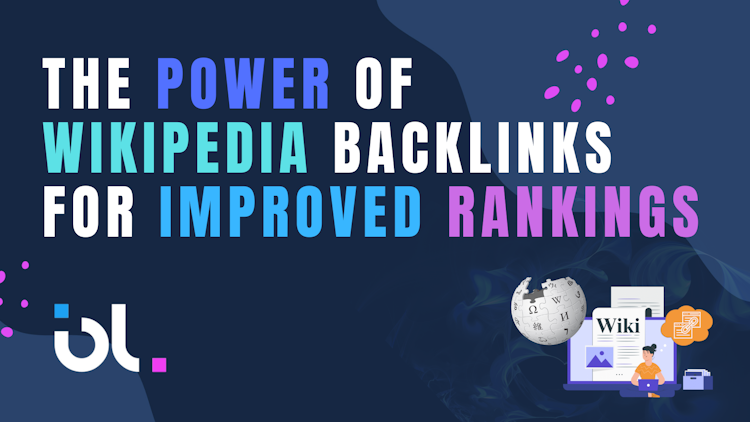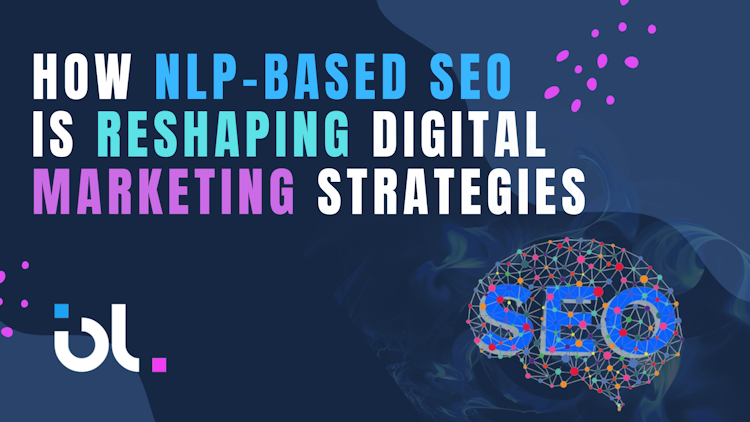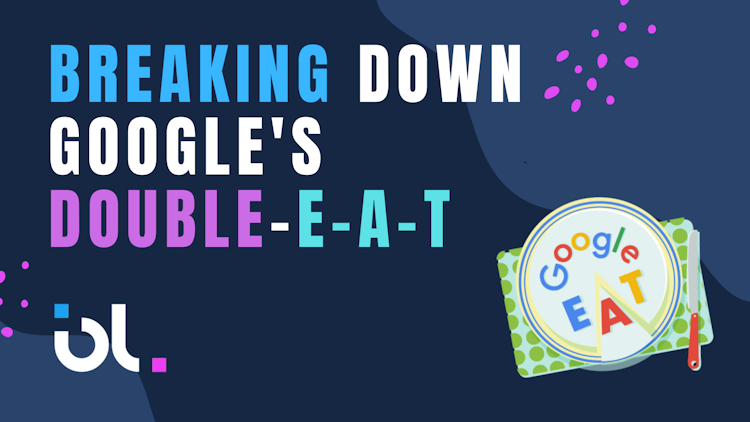What Exactly is EEAT?
Experience, expertise, authoritativeness, and trustworthiness, commonly referred to as EEAT, play a pivotal role in optimizing your website for search engines. Leveraging the power of EAT for SEO entails the creation of highly credible and trustworthy content that resonates with your target audience. In 2014, Google introduced the concept of EAT as a crucial aspect of its search quality guidelines. Over time, this framework has evolved to incorporate an additional E, and it is expected to continue evolving to enable manual content reviewers to identify reliable websites in light of the emergence of AI chatbots.
Google is always working to enhance the overall experience for its users, and one of the steps they take to accomplish this goal is to ensure that the content they use for ranking corresponds as closely as possible to the questions people enter into the search bar. Inaccurate, low-quality, or unhelpful content is detrimental to Google and the people who use the search engine. Google makes use of EEAT to make certain that the content that is shown is reliable and originates from the most dependable source possible. Google is able to guarantee that its consumers will get the most relevant results since the company gives EEAT content top priority.
Think about how frustrating it would be if you typed in a medical inquiry about migraines and the first result was a spammy, dubious website offering unproven home treatments. Although it’s annoying for the user, if Google doesn’t include EEAT in its policies, some people may take this information at face value, which might have negative consequences.
Working with an EAT-specialized agency will be beneficial to companies over the long run, and this will be a crucial part of the new Search Generative Experience. Google wants to provide material that is useful and referenced in their generative AI replies, and this will be a priority for them.
Let’s get down to the nitty-gritty of each facet of this E-E-A-T:
Experience (initial ‘E’):
The term emphasizes the writer’s direct interaction with their chosen topic. The foundation of this understanding comes from:
- Educational Background/Certification: Relevant degrees or certificates solidify one’s experience.
- Professional Exposure: Extended industry involvement enriches experiential value.
- Previously Shared Quality Insights: Producing notable content on a subject previously enhances credibility.
- Endorsements: Praises from fellow experts corroborate the experiential depth.
Consider someone with a background in health, like a nutritionist or fitness coach, discussing weight loss. Their specialized acumen and firsthand involvement mean their perspectives are likely richer than those of outsiders. Google’s assessment mirrors this rationale. When a medical professional pens an article, it stands as proof of their deep-rooted knowledge. Such articles are Google’s preference due to the enriched information they offer.
Expertise (second ‘E’):
This denotes the depth of knowledge and experience a content producer possesses. Articles crafted by specialists are often deemed more reliable, resulting in superior search rankings.
- Quality of Content: Articulate and coherent content symbolizes mastery.
- Holistic Approach: Comprehensive content showcases subject command.
- Precision: Up-to-date and factual insights reinforce mastery.
- Source Quotation: Referencing renowned sources underscores expertise.
Authoritativeness (‘A’):
This signifies a site’s or content provider’s overall trustworthiness. It’s gauged by factors like the caliber of incoming links, mentions in esteemed sources, and a pronounced stature in a sector.
- Digital Footprint: A pronounced social media audience indicates authority.
- User Interaction: Content that triggers interactions underscores authority.
- Acknowledgment by Counterparts: Kudos from peers enhance the authority quotient.
Trustworthiness (‘T’):
This embodies the perceived dependability and safety of a website. Elements like lucid contact details, privacy assurances, secure links (HTTPS), and positive user testimonies elevate a site’s integrity.
- Openness: Sharing one’s profile and credentials boosts trust.
- Impartiality: Presenting unbiased, factual insights points to reliable sources.
- Autonomy: Content free from external influences is viewed as more genuine.
With “Understanding through Experience” joining the E-E-A-T framework, Google is accentuating user experience even more, recognizing that a delightful user journey complements authoritative content. By focusing on these dimensions, website proprietors can better align with Google’s directives, enhancing their online visibility.
What Does YMYL Mean?
YMYL is an abbreviation that stands for “Your Money, Your Life. This is a categorization that Google employs for content that might have an effect on your general well-being or your financial life. Similar to how our earlier discussion about looking for medical information might endanger consumers, content that is inaccurate or misleading can have negative consequences.
Considering EAT and YMYL at the same time is very necessary due to the fact that Google places the greatest emphasis on EAT while searching for YMYL articles or webpages. If you run a website that offers various types of advice, such as medical or financial, it is imperative that you speak from a position of authority and tell the truth.
Because both EAT and YMYL are taken into consideration, trustworthy companies and educational institutions tend to do well in the rankings. The fact that these websites provide content that is clearly the product of knowledgeable individuals contributes to their high domain authority ratings.
How Does Google Take EEAT and YMYL into Account?
You may consider YMYL to be a category of websites that decides the degree to which EEAT has to be an absolute need. The more YMYL content a website has, the more closely Google will examine whether or not the content adheres to EAT standards. Google’s overarching goal is to provide preferential treatment to websites that contribute to society in a positive way. Google will provide poor rankings to websites whose principal objective is to deceive people or do them harm.
In a technical sense, EEAT SEO for Google is integrated into Google’s human content review process rather than one of the search engine giant’s algorithms. Even though Google does not reveal the specifics of its ranking algorithm, the Search Quality Guidelines provide us with a good notion of what aspects are important.
Integration of EEAT and YMYL
The items you sell, the services you provide, and the information you provide will determine how you implement EEAT and YMYL into your website. If you are in the business of providing a service, it is probable that you already have a well-developed point of view on the sector in which you operate. Writing based on your area of specialization is all that is required to provide content for EEAT.
If you don’t have direct experience with the subjects you wish to write about, you may want to consider hiring subject-matter experts. Do not restrict your writing to only doing keyword research; this is especially important if you are including YMYL content. Your content should provide an honest and useful response to the questions that your users have askedMastering the Latest in EEAT, SEO, and YMYL
Keeping up with Google’s updates is crucial if you want to learn about EEAT SEO, YMYL, and the other ranking variables Google uses. Google’s search engine is regularly updated and refined in response to user feedback. Google’s primary goals in making modifications are to increase their speed, efficiency, and usefulness. The objective of every company owner or marketer should be to maximize their cooperation with Google. Users are Google’s first priority, not your site. To maintain an edge in the market, you need to focus on providing valuable content to your readers.
By collaborating with a top-notch SEO agency, you can leverage the invaluable expertise of seasoned SEO specialists, saving you precious time and effort that would otherwise be spent on extensive research. At Benlola, our team of dedicated professionals is committed to staying up-to-date with the latest trends and algorithm changes implemented by Google. This allows us to offer top-notch services that are tailored to optimize your website’s performance and ensure its success in the online landscape. Contact us today to discover the extensive range of services and solutions we offer. Reach out to our team of experts to gain valuable insights and knowledge. Don’t miss out on the opportunity to enhance your business and stay ahead of the competition.




